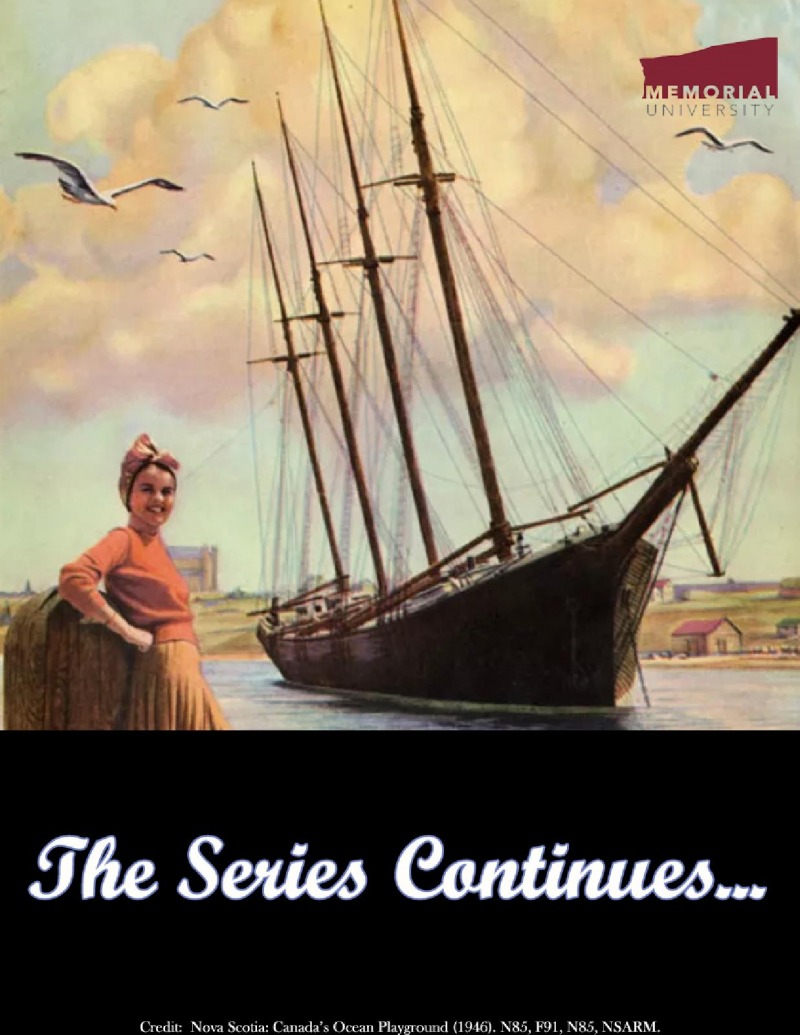Ship as Environmental Alibi returns

Tuesday, January 14, 2020
Two presentations continuing the MHA/MSRU series "the Ship as Environmental Alibi" to be chaired by Barb Neis, John Lewis Paton Distinguished University Research Professor.
Time: 1:00 p.m. – 2:00 p.m.
Location: Maritime History Archive HH1013
Offshore Newfoundland and the Law of the Sea
Aldo Chircop, Professor of Law and Canada Research Chair in Maritime Law and Policy, Schulich School of Law, Dalhousie University.
Brief: Canada has made a submission to the Commission on the Limits of the Continental Shelf to define the outer limits of the continental shelf in the Northwest Atlantic according to the requirements and procedures of the UN Convention on the Law of the Sea. Newfoundland and Labrador has benefited from Canada's broad continental margin and in the future may have oil production in deep waters. If production on the continental shelf occurs outside 200 nautical miles, Canada will be required to pay an international royalty under the UN Convention. This could have implications for Canada and Newfoundland & Labrador, which Professor Chircop will explain.
And
We Might as Well Face it, We're Addicted to Oil: The Impact of Offshore Development on 21st Century Newfoundland & Labrador
Sean Cadigan, Department of History, Memorial University.
Brief: At the end of the second decade of the 21st century, fires raging around the world indicate global environmental crisis and the need to reduce our carbon footprint, especially through reduced use of fossil fuels. In Newfoundland and Labrador, we are unlikely to contribute to such reductions in production because we have become dependent on oil for public revenue, public services and economic stimulus. We may well acknowledge that the world needs less carbon, but our dependency on oil means that we are unlikely to take meaningful steps to end our addiction.